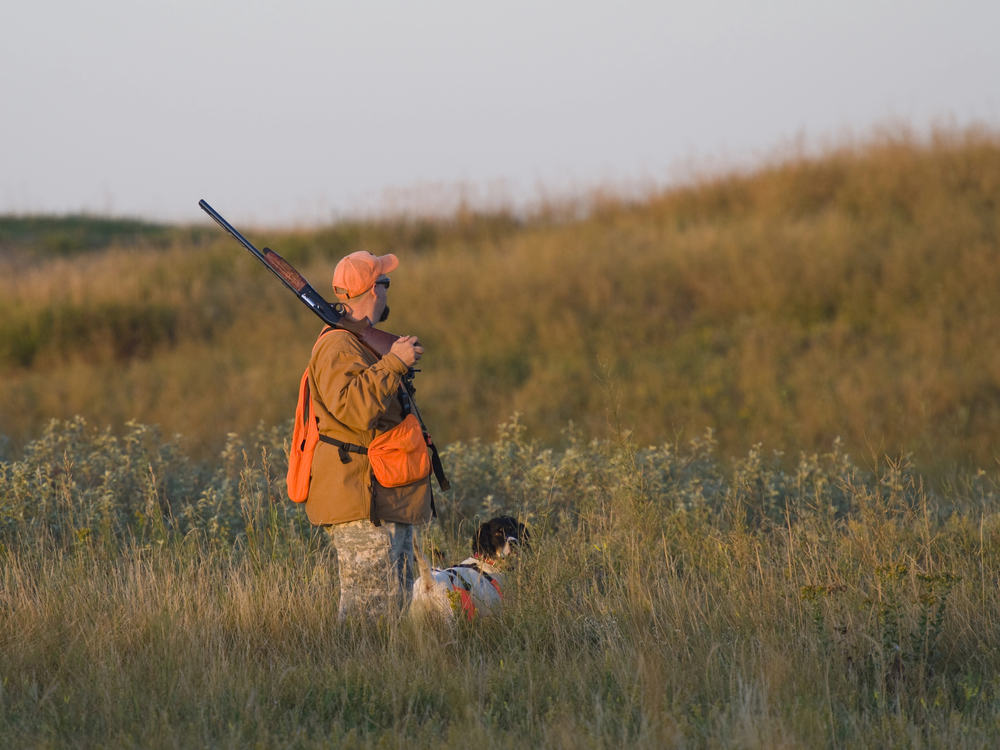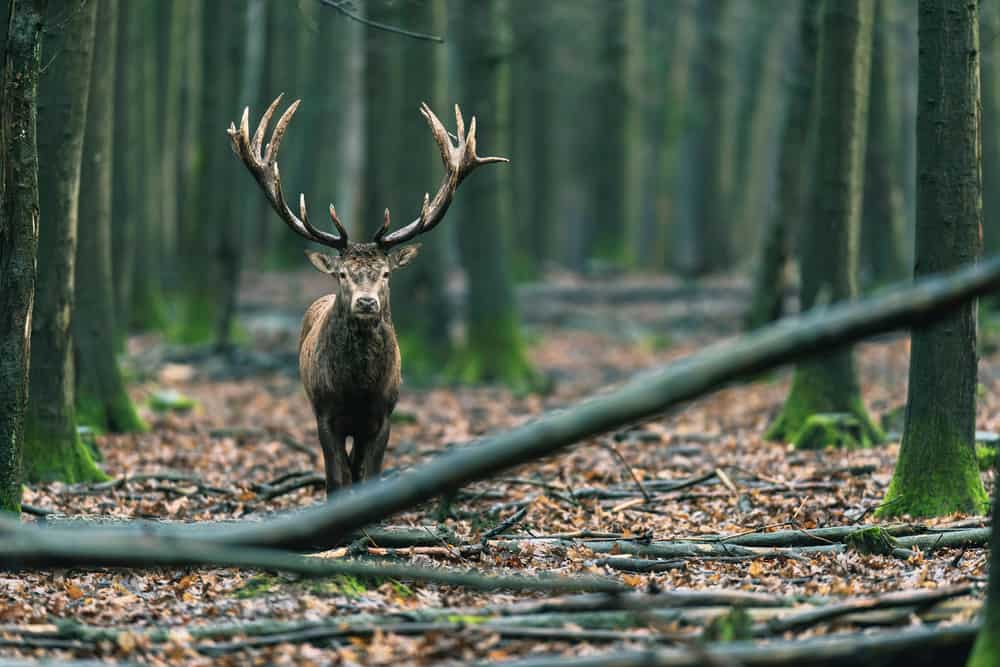Hunting is an ancient practice that combines outdoor survival skills with the knowledge of tracking and wildlife behaviour. Early humans relied on hunting for sustenance but it also played an important part in social structures and rituals. As civilizations evolved, hunting transitioned into a regulated sport and even a conservation tool. Today, hunting sparks many debates but if managed correctly, can be a possible solution to wildlife management and conservation.

How Can Hunting Support Conservation Efforts?
- Population Control: Hunting as a sport can help maintain healthy wildlife populations. Every ecosystem has a carrying capacity and hunting can prevent overpopulation.
- Funding for Conservation: Licenses, fees, and taxes paid by hunters provide significant funding for wildlife management, habitat restoration, and conservation programs.
- Invasive Species Management: Hunting can help control invasive species that threaten native wildlife and ecosystems and reduce competition for ecosystem resources.
- Habitat Protection: Revenue from hunting can go towards protecting habitats and establishing wildlife reserves, ensuring diverse species’ survival.
- Research and Monitoring: Hunting can support scientific research and wildlife monitoring. This can provide data crucial for making informed conservation decisions and policies.
Up next in Animal Sports:
Newest Category: Hunting
Latest posts by Tara Panton, BSc (Honors) Marine Biology (see all)
- Watch: Gibbons Hilariously Reacts to Hedgehog at Lake District Wildlife Park - June 30, 2025
- 12 Easy Ways to Keep Your Pets Happy This Winter - June 27, 2025
- Watch: Pet Buffalo Plays on a Broken Trampoline - June 27, 2025

